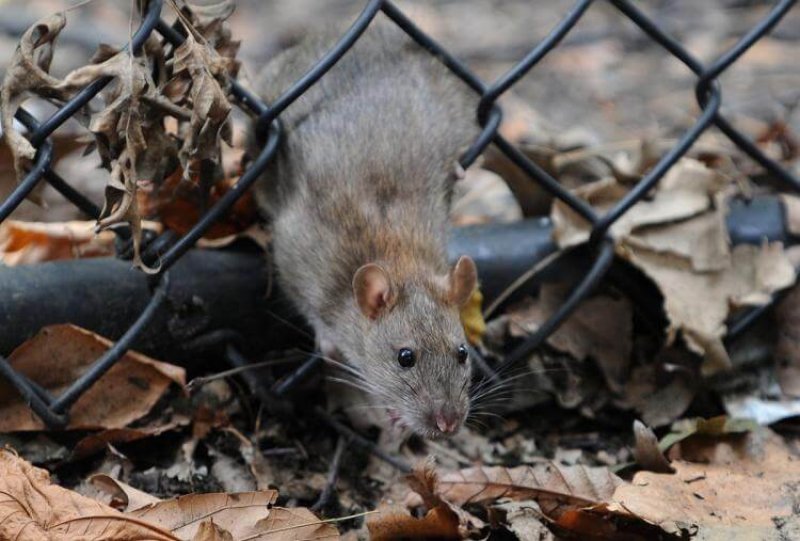As a whole, Manhattan’s rats are genetically most similar to those from Western Europe, especially Great Britain and France. They most likely came on ships in the mid-18th century, when New York was still a British colony.
…
When [researcher Matthew] Combs looked closer, distinct rat subpopulations emerged. Manhattan has two genetically distinguishable groups of rats: the uptown rats and the downtown rats, separated by the geographic barrier that is midtown. It’s not that midtown is rat-free—such a notion is inconceivable—but the commercial district lacks the household trash (aka food) and backyards (aka shelter) that rats like. Since rats tend to move only a few blocks in their lifetimes, the uptown rats and downtown rats don’t mix much.
When the researchers drilled down even deeper, they found that different neighborhoods have their own distinct rats. “If you gave us a rat, we could tell whether it came from the West Village or the East Village,” says Combs. “They’re actually unique little rat neighborhoods.” And the boundaries of rat neighborhoods can fit surprisingly well with human ones.
…
The point of all this, ultimately, is to help New York manage its rat problem, which is annoying as well as a genuine public-health hazard due to rat-borne diseases.
Read full, original post: New York City Has Genetically Distinct ‘Uptown’ and ‘Downtown’ Rats































